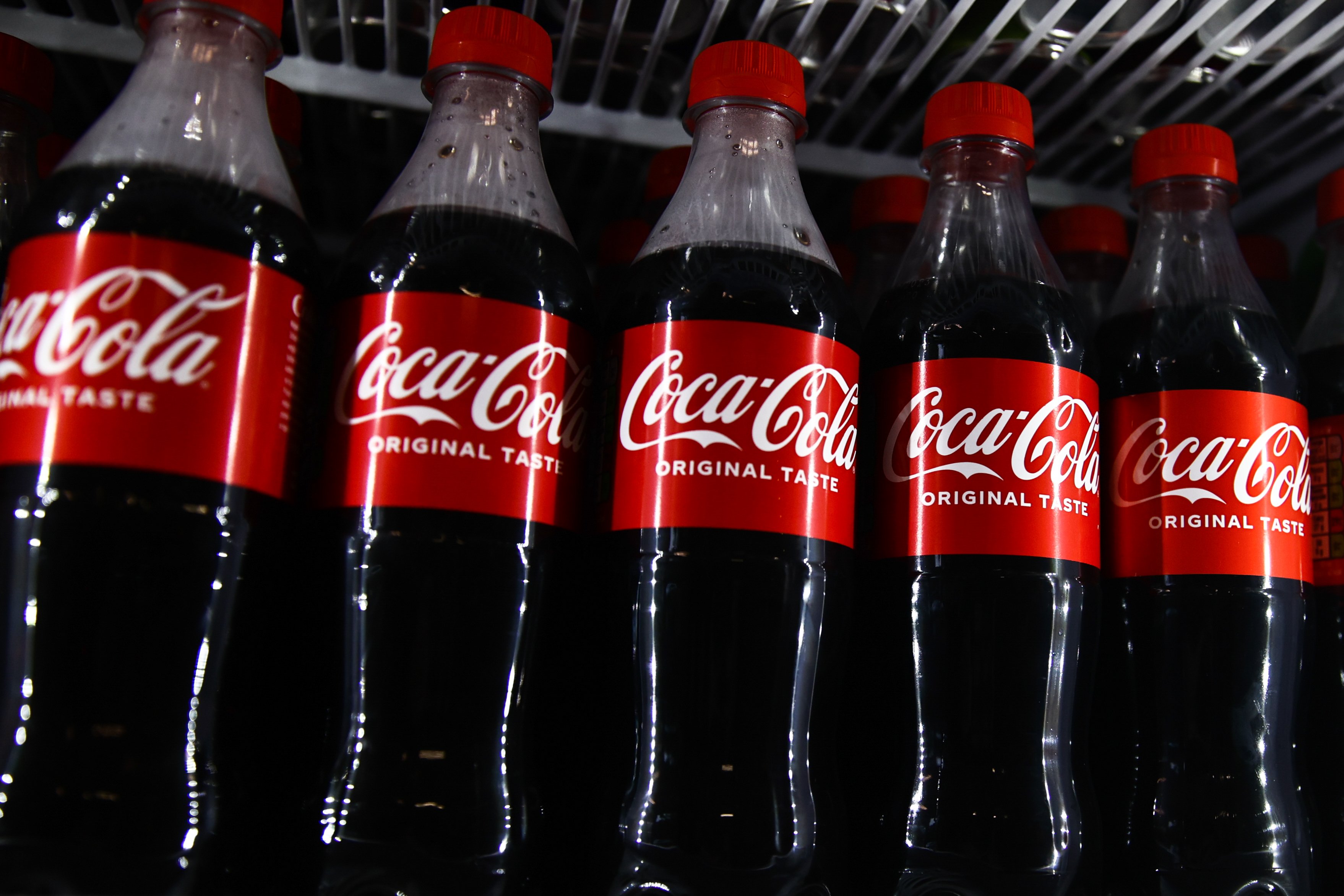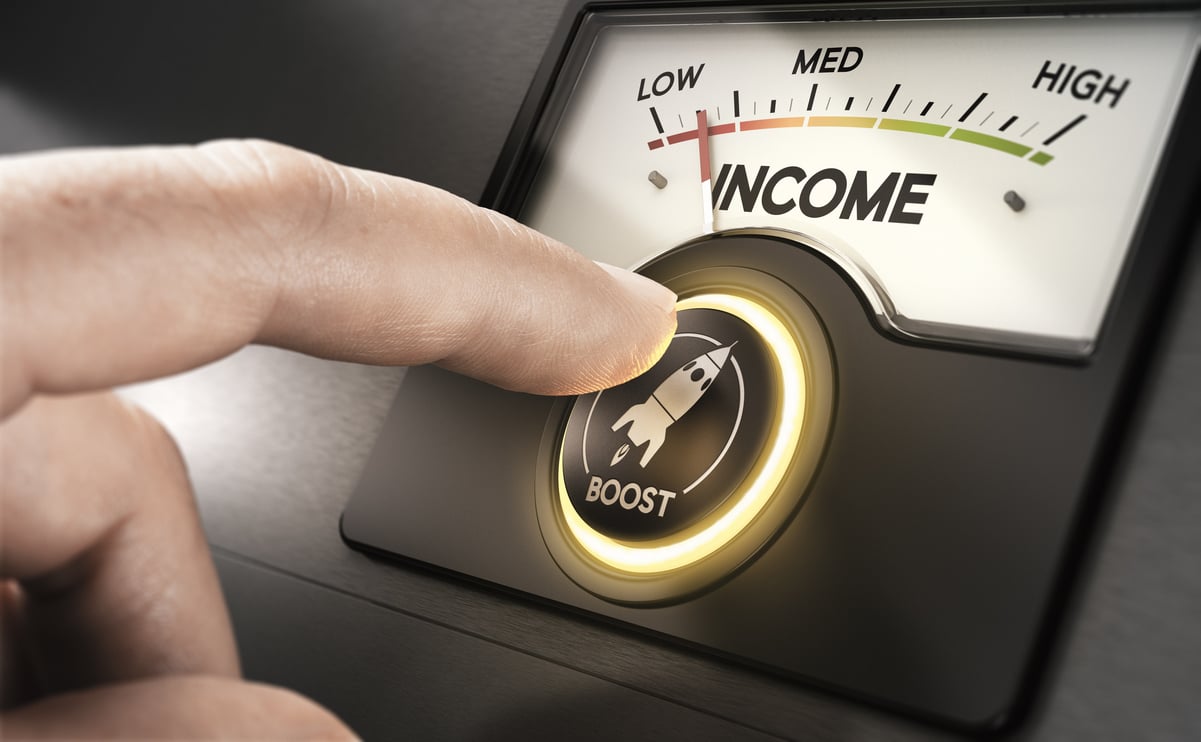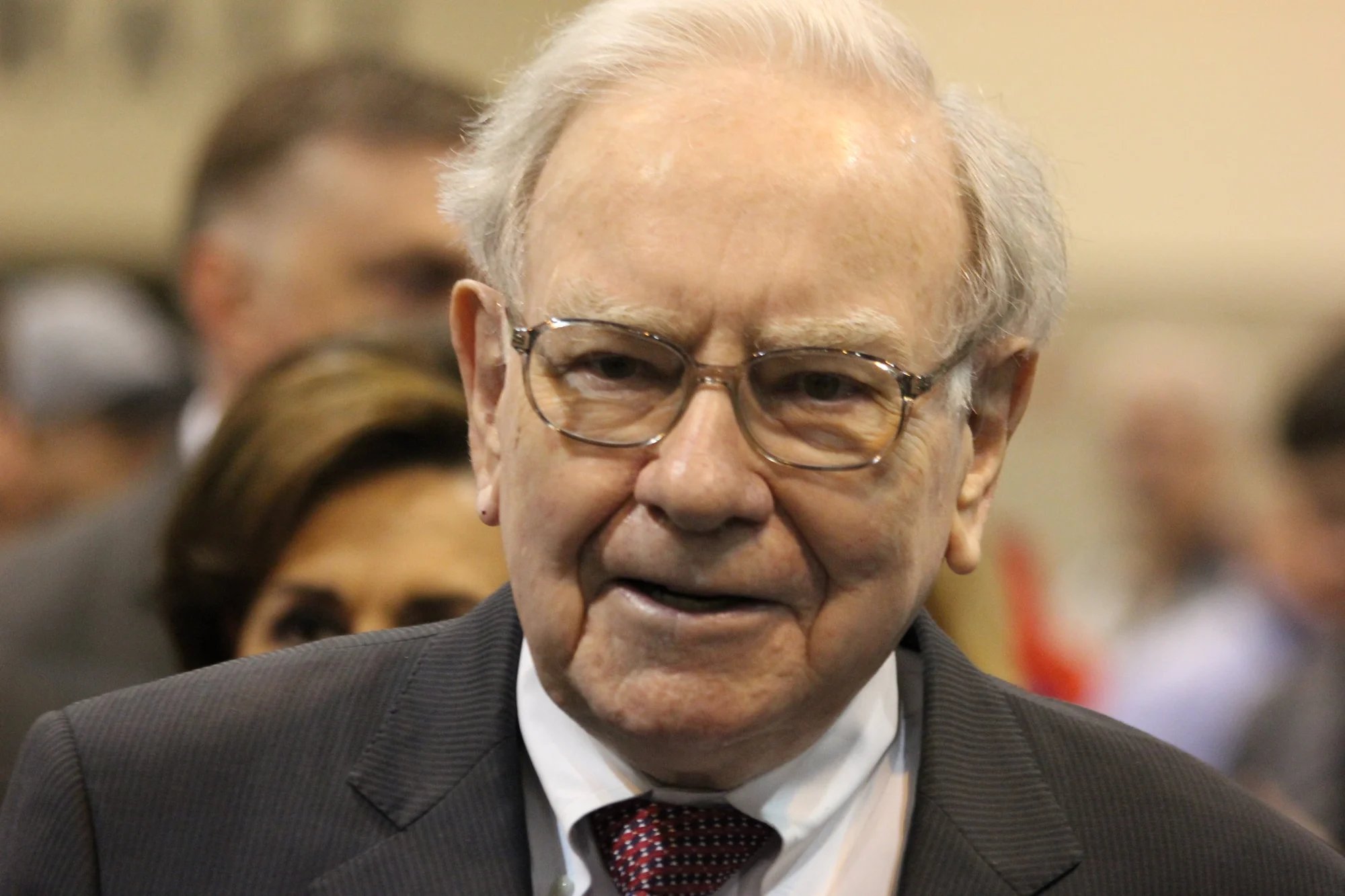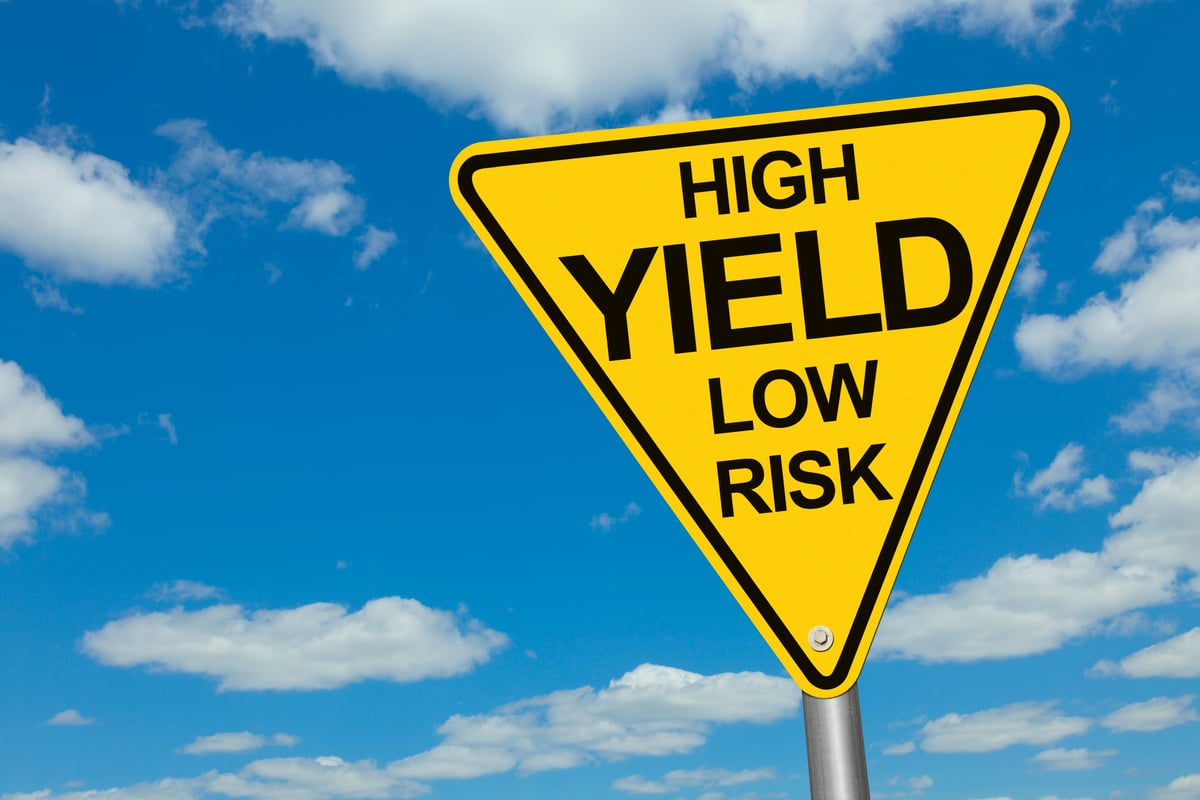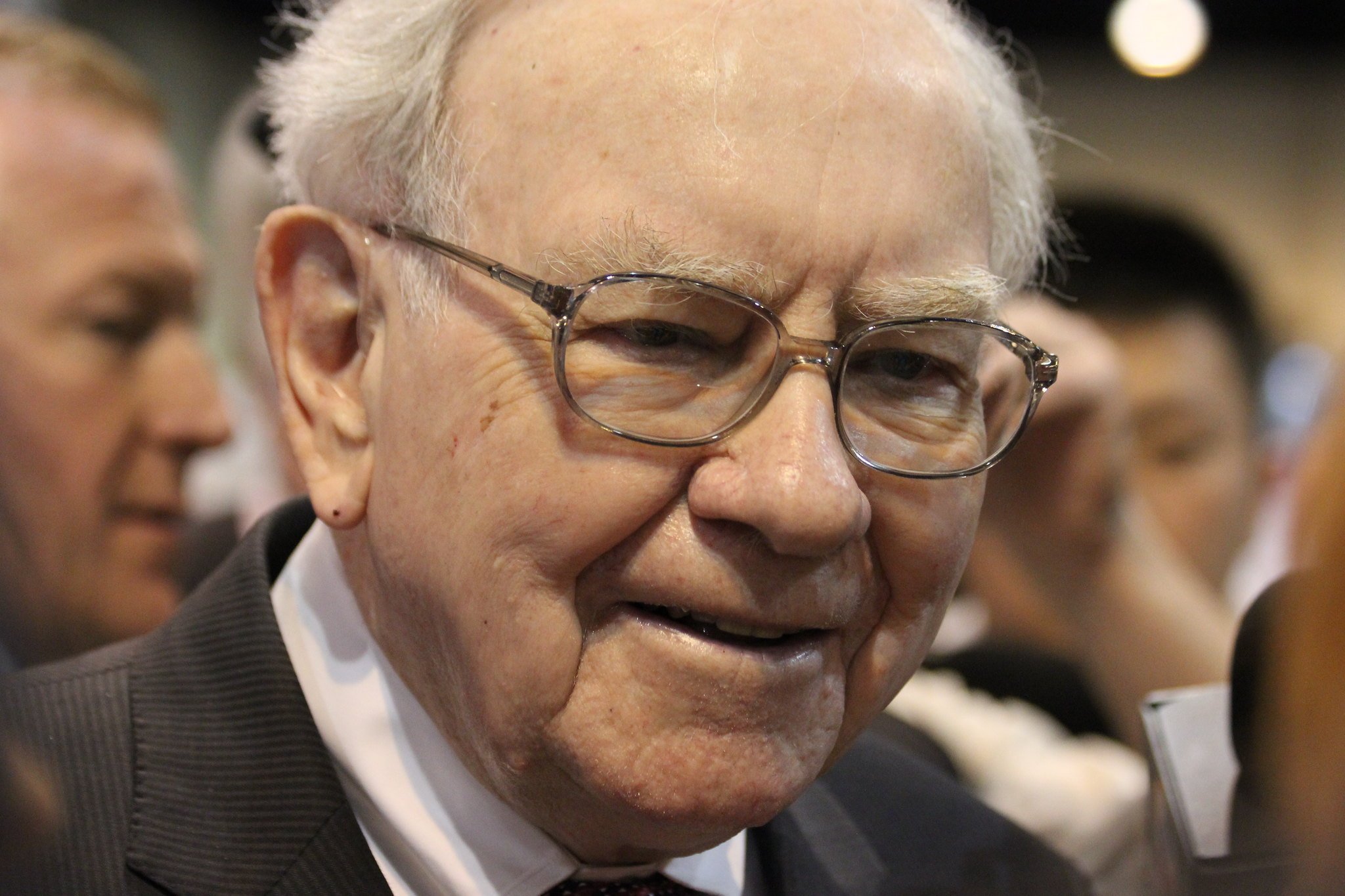
Still image from a video promoting Coca-Cola's latest advertising campaign, "Taste the Feeling." Image source: The Coca-Cola Company.
It's not hard to suspect deep ambivalence among The Coca-Cola Company's (KO +1.05%) management about the company's flagship product. When speaking to investors and Wall Street analysts, executives often treat the Coke brand as a mystical, sacred corporate asset. And on one hand, they should, as it's one of the world's most iconic and valuable brands.
On the other hand, multiple recent brand acquisitions in the "still," or non-carbonated category, indicate a more pragmatic corporate strategy. Soda volumes seem to have fallen into an inexorable decline, and a bottle of Coca-Cola is increasingly a drink of occasion rather than of habit. Earlier this year, Beverage Digest reported that soda consumption in the U.S. fell for the 11th straight year in 2015 -- to a 30-year low.
And in the company's most recently reported quarter, it cited either brand Coca-Cola or trademark Coca-Cola (i.e., Coca-Cola plus related brands like Coke Zero and Diet Coke) as a volume drag on the company's "sparkling," or carbonated beverage portfolio, in every geographic region except Asia-Pacific.
A potential wave of cities adopting soda taxes won't help Coca-Cola and its peers accelerate sparkling volumes, either. To much publicity and fanfare, Philadelphia's city council voted on June 16 to pass a 1.5 cents-per-ounce sales tax on regular and diet sodas.
Supported by health activists, who have long argued that overconsumption of soft drinks can lead to obesity, diabetes, and other ailments, the measure passed on the strength of its appeal as a means to fund the expansion of prekindergarten programs. This novel selling point will undoubtedly be noticed by and appeal to other cash-strapped metropolitan governments.
Philadelphia joins Berkeley, California, in the vanguard of cities green-lighting a surcharge on sweetened carbonated beverages. Next up? San Francisco, which is not only placing a soda tax on a November ballot, but seeking to introduce labeling warning of deleterious health effects of soft-drink consumption. Residents of Boulder, Colorado, may also see the question of a soft-drink tax added to a November voting slate.
Margins, marketing, and Muhtar Kent's observation
It certainly seems that long-term consumption declines, coupled with health concern-propelled taxes, will continue to depress industry volumes. Yet if a groundswell of punitive taxing becomes reality, I believe it will benefit Coca-Cola over the long run.
Such a trend will, in the words of the immortal T.S. Eliot, "force the moment to its crisis," and cure the company of its ambivalence. The soft drink known as brand Coke will surely remain a universal emblem in our culture, but higher taxes will motivate Coca-Cola executives to speed the shift to still beverages in the company's drink portfolio.
Economically, the spread of soda taxes has two implications for Coca-Cola. First, and most obviously, it raises the company's profit hurdle. Again, Philadelphia's 1.5 cent tax is applied per ounce, meaning that the price of a 16 oz. bottle of Coke will increase by $0.24.
Assuming a ballpark price of $1.15 for a 16 oz. Coke, that's an enormous 22% surcharge. Similarly sized cities instituting anything close to the Philadelphia tax will create a meaningful margin drag for Coca-Cola if it absorbs the retail price hike itself. And if the company passes on some or all of the increase to customers, it faces a potential demand drag. Either way, widespread initiatives of this sort will impact the company's operating leverage negatively.
The second implication is that a heavier burden will be placed on the beverage giant's marketing efforts. Coca-Cola has been able to keep global carbonated beverage volumes roughly flat during the last several quarters through increased marketing spends. But higher cash needs for the marketing procurement has proved a significant factor behind the ongoing productivity program introduced in 2014, which at the most recent revision, seeks to achieve $3 billion in annual cost savings by 2019.
While it's impressive that Coke can free up ample resources to at least hold its market position, rising soft-drink prices, negative publicity surrounding tax increases, or both, may make the typical customer less responsive to its marketing campaigns. This could lead to a worrisome scenario for management, in which incremental marketing spends lose efficacy. Spending additional dollars for the same revenue result would create another unwelcome weight on operating leverage.
In the near term, simple math indicates that Coca-Cola's business will remain all too reliant on sparkling beverages, as this group comprised 73% of the company's total global unit case volume last year. Yet, as CEO Muhtar Kent recently observed to analysts, fourteen out of Coca-Cola's twenty "billion dollar brands" are now still, not sparkling, beverages. The company's newest brand investment, a minority position in aloe water beverage label Aloe Gloe, is indicative of management's current mind-set -- and desire to broaden the horizon beyond legacy beverages.
In sum, when market forces are arrayed against your operating margin, it's helpful to take a hint. Coca-Cola understands that it has to take a more realistic approach to the growth of brand Coke. Further soda taxation should only strengthen the organization's resolve to diversify, proving that, often, catalysts that drive change can be positive when they're punitive.

